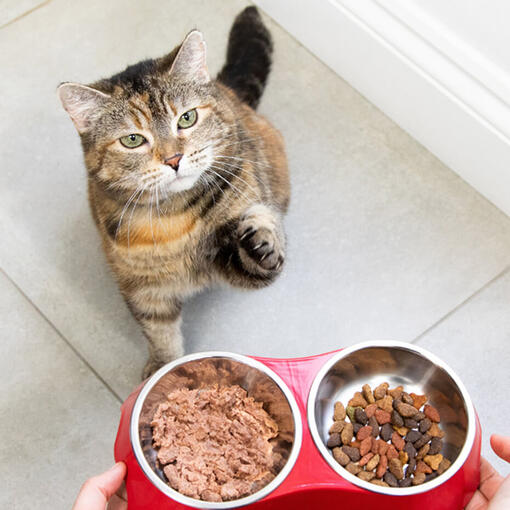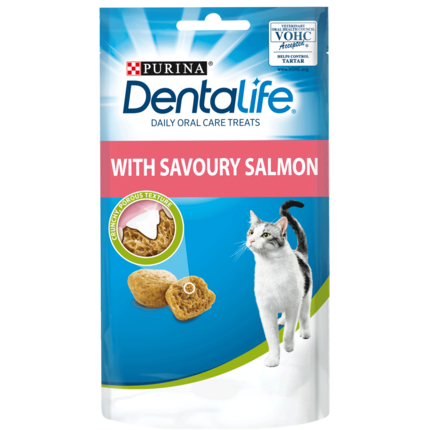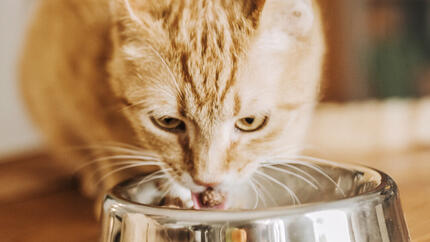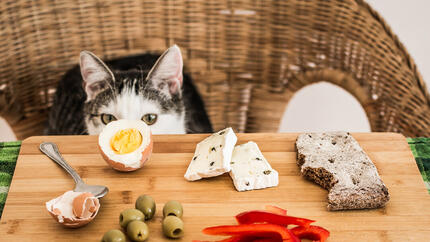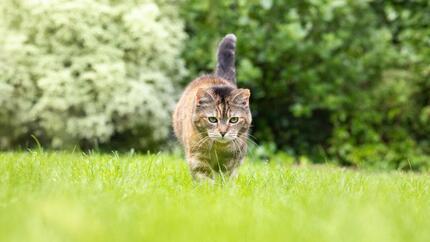
Juicy, sweet, full of nutrients and easy to eat, grapes may just be the perfect fruit snack. But unfortunately, not everything that’s good for us humans works just as well for our pets.
You probably already know that grapes are dangerous for dogs – but should cat owners also worry if they catch their pet eyeing up the bowl of grapes on the kitchen countertop? Keep reading to find out if grapes are good or bad for cats.
Can cats eat grapes?
It is not recommended to feed grapes to your cat. Although the dangers of grapes are much better understood for our canine companions, there have been reports of cats becoming very ill after eating grapes. Scientists are still trying to understand which particular substance in this fruit poses a risk to our furry friends, but even though we don’t know exactly how the toxicity works, it’s best to assume that grapes are poisonous to cats and rule the fruit out from your cat’s diet.
Why are grapes bad for cats?
Firstly, there are a couple of reasons why it isn’t a good idea to feed our feline friends sweet fruit in general. Cats are obligate carnivores, which means their diet should mostly consist of meat protein. Also, cats lack sweet taste receptors, which means they won’t appreciate the fruit in the way we do! This means that grapes would be an odd addition to a cat’s meal – and also an unnecessary risk, given how dangerous we know this bite-sized fruit is for dogs.
There’s some evidence to show that grapes can be toxic to cats, too. Some cats have suffered a gastrointestinal upset after ingesting this sweet fruit, and more serious problems such as kidney failure have also been reported. Kidney failure is the reason why grapes are so dangerous to dogs, and this condition can potentially be life-threatening. This is why it’s so important to completely avoid feeding grapes to your pet.
Another reason to keep grapes away from curious cats is that the fruit can be a potential choking hazard, especially if it contains seeds.
What are the signs of grape toxicity in cats?
So, what could actually happen if your pet does get their paws on this fruit? If you’ve caught your cat munching on a grape, it’s a good idea to keep a close eye on them for the next 24 hours and look out for any unusual symptoms.
Here are the signs that may indicate your cat is suffering from the effects of grape toxicity:
- Vomiting
- Lethargy
- Diarrhoea
- Abdominal pain
- Decreased appetite
- Excessive thirst
If you notice any of these signs, make sure you call your vet immediately. The reason why it’s so important to act quickly is that these symptoms may indicate kidney failure. Since this is a very serious condition, it’s important to call for professional help as soon as the first symptoms of toxicity show up.
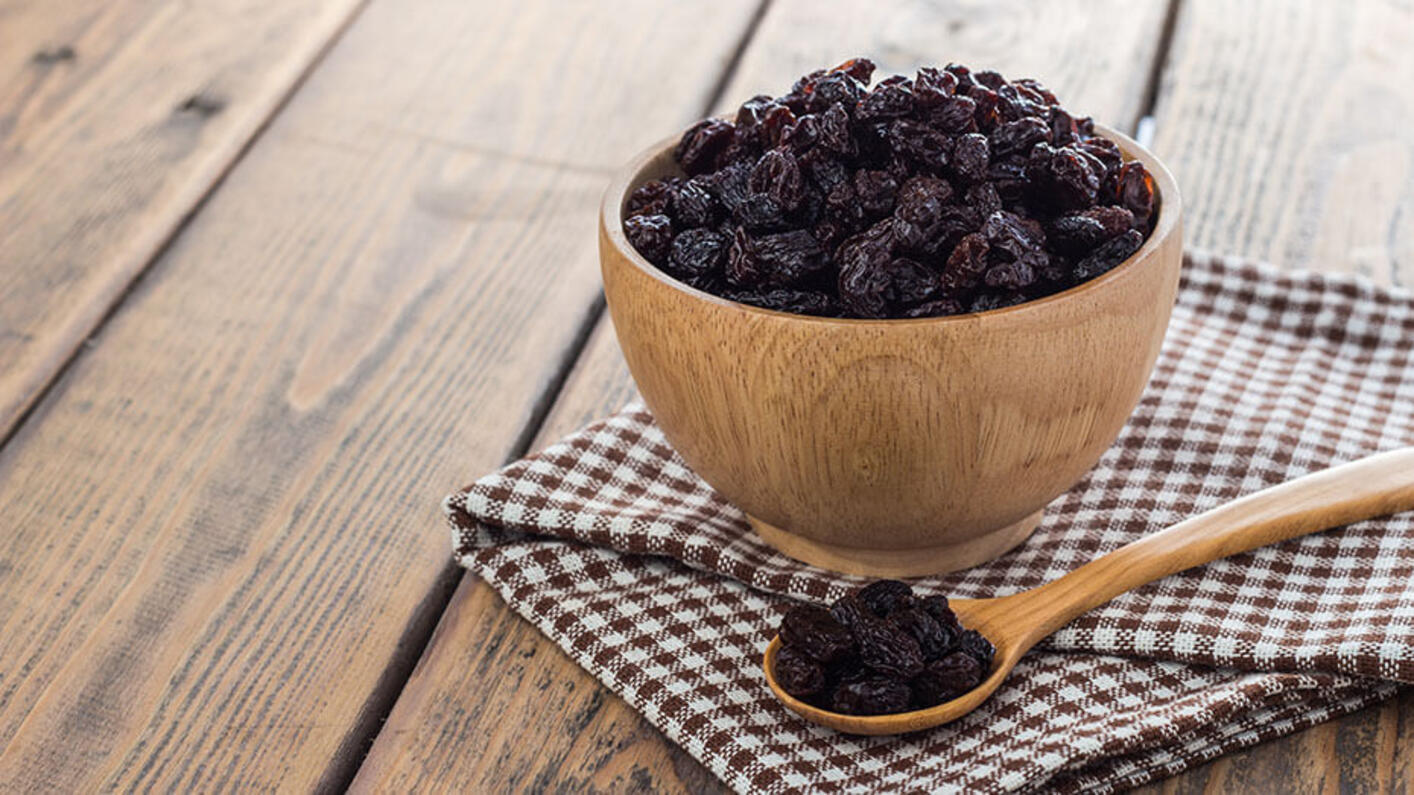
If grapes are bad for cats, how can we stop cats eating them?
Even though most experts agree that grapes are dangerous for cats, this doesn’t mean you have to give up eating the fruit. Here are a few tricks to help you keep cats away from grapes:
- It’s best not to leave grapes on the kitchen table or countertop if you have a curious cat. Instead, you can store them in the fridge or in a cupboard that’s been cat-proofed to make sure your pet isn’t able to open it.
- Make sure you don’t leave your shopping bags unattended after a shopping trip, as a curious kitten could easily sneak in!
- Avoid feeding your cat table scraps, especially during holidays when many foods might contain raisins.
Since grapes are not a great snack for your cat, you might be wondering what’s a better alternative for treat time. Find out more about the best way to choose snacks and treats for your cat here.



